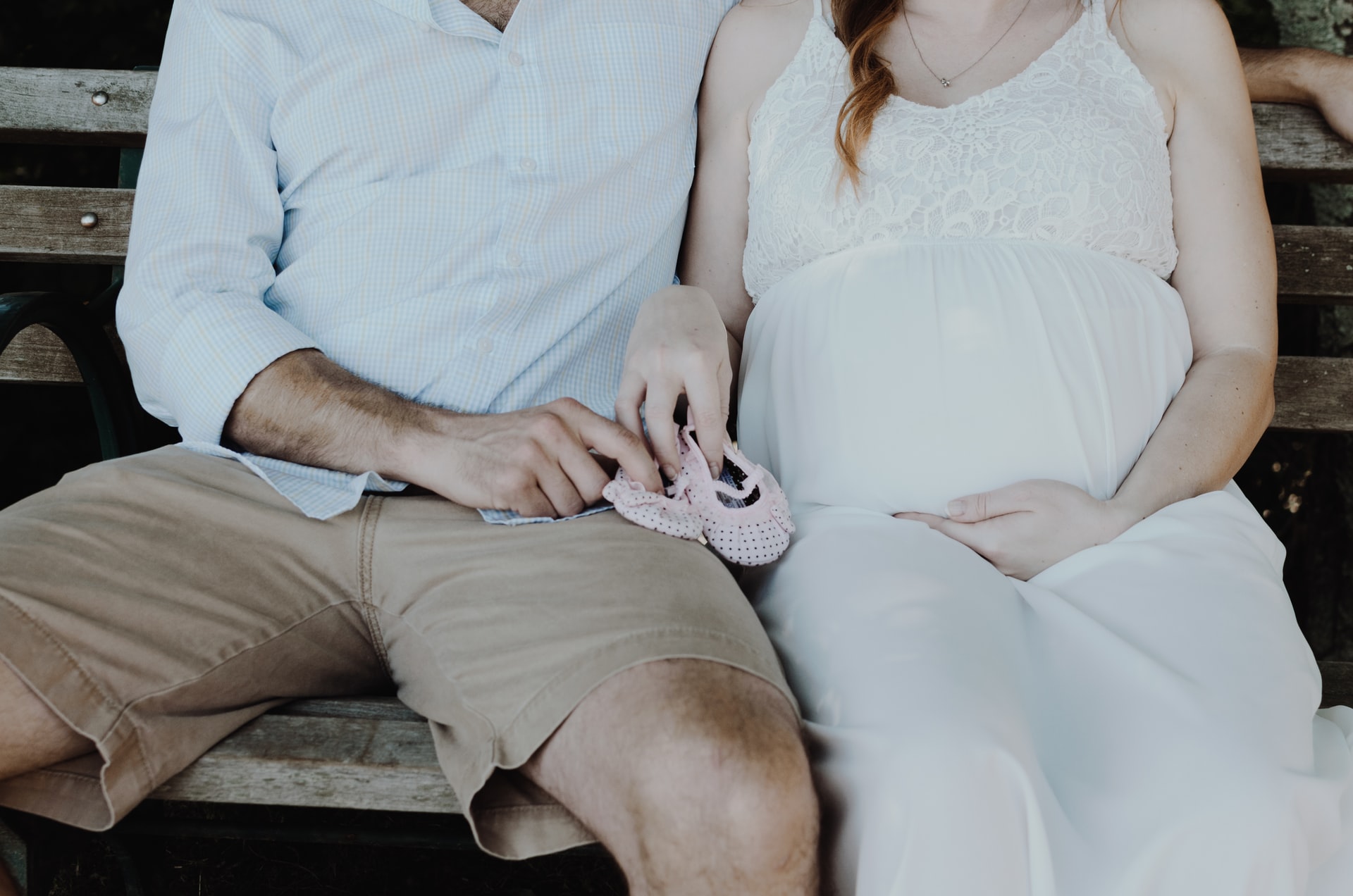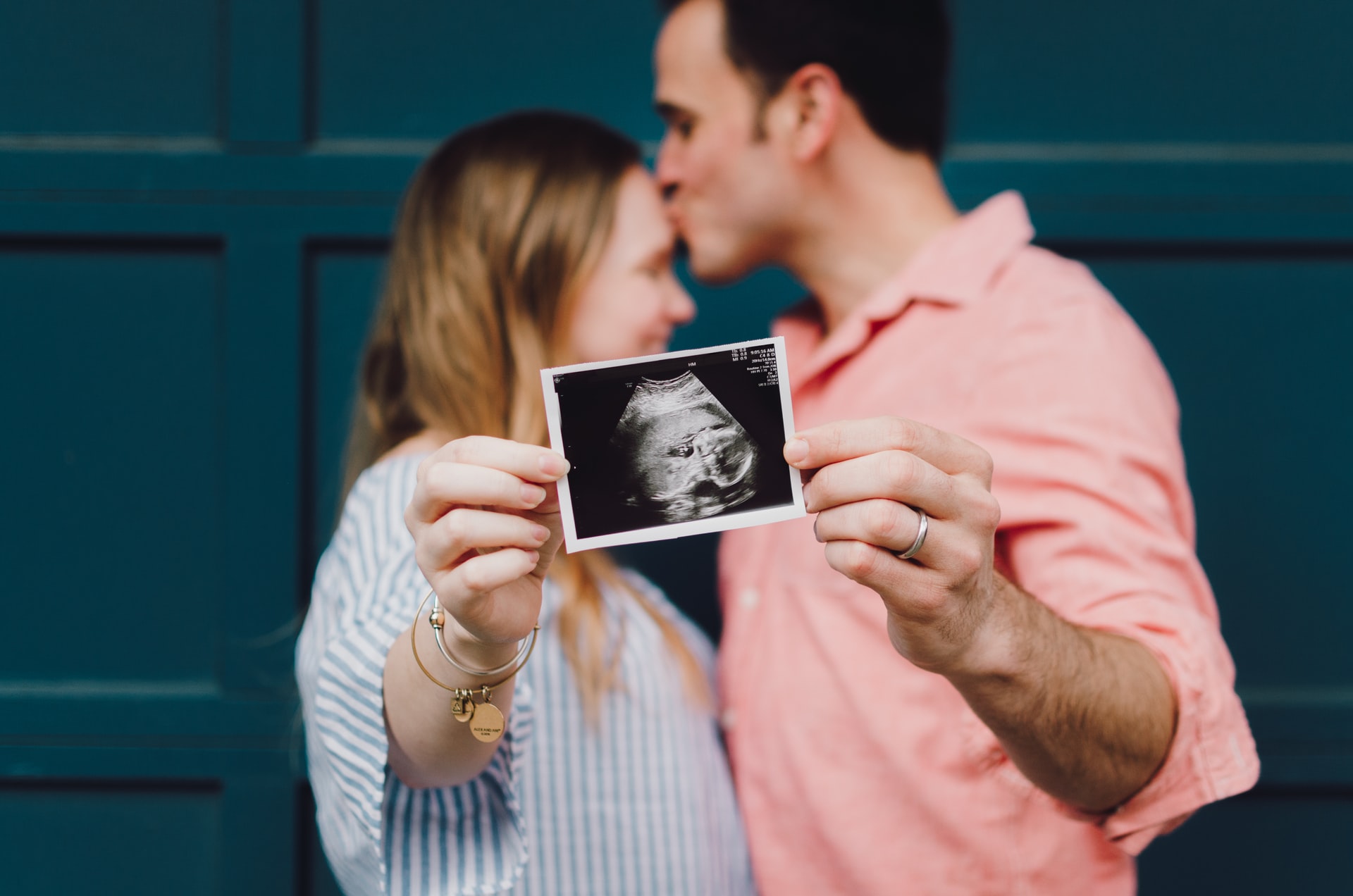With all that’s happening in the world at the moment, one might say this isn’t the best time to welcome an adorable bundle of joy into the world. COVID-19 alone, though now under control in China, brought great uncertainty especially among the expat community as it saw the closure of numerous schools and other businesses that mainly employ international staff. If you follow conversations in various expat WeChat groups, you might sense an acute sense of fear, as those still within China do not wish to rock the boat as far as their jobs are concerned.
Expectant expatriates are especially anxious now, as horror stories of pregnant foreigners being dismissed or being refused paid maternity leave make their rounds on WeChat. Obviously, we cannot verify any of these claims nor disqualify them as mere exaggerations of urban folklore. We can, however, provide accurate information about what to expect, legally, when expecting in China. Forget about claims of Chinese mothers receiving longer maternity leave, followed by expat women married to Chinese nationals and regular expat women coming in last. One protection for expectant mothers, I personally found to be quite interesting is, you aren’t allowed to divorce a pregnant woman until the child she is expecting is at least six months old. We spoke to Attorney Steve Li about the legal rights expectant mothers have in the workplace and beyond, in China.

“Expectant expatriates are especially anxious now, as horror stories of pregnant foreigners being dismissed or being refused paid maternity leave make their rounds on WeChat.”
One question is, under Chinese law, is there a fundamental difference in protections offered to foreign versus Chinese mothers at the workplace? The simple answer is no. But it is slightly more complicated than that. According to Li, We need to consider the local rules regarding how many days are provided for maternity leave. The national Special Rules on the Labor Protection of Female Employees provides at least 98 days with an additional 15 days of maternity leave to be granted for difficult labor. In the case of multiple births, an additional 15 days of maternity leave shall be granted for each additional birth.
In practice, most provinces in China provide for no less than 128 days for maternity leave based on their local rules which grant a 30-day period of extra leave. This 30-day extra leave was initially called “late childbirth leave Wǎnyù (晚育假), as a measurement for awarding late childbirth as part of the family planning policy. However, after 2016, the practice of awarding late childbirth was replaced by awarding maternity leave in compliance with laws. It now has many names as per different local rules, for example, in Beijing, it’s called “awarded vacation Jiǎnglì xiū (奖励休)” under article 18 of the Regulations of Beijing Municipality on Population and Family Planning (Revised in 2016) and called “parental leaveChǎnjià (产假)” under article 18 of the Regulations of Shanghai Municipality on Population and Family Planning (Revised in 2016). Below is a breakdown of days provided for under local laws in other cities in China. There is no difference between foreign employees and Chinese employees or gray areas.
| Area | Maternity Leave | Paternity Leave | Local Rule |
| Beijing | 98+30 | 15 | Article 16 and 18 of <Regulations of Beijing Municipality on Population and Family Planning> Revised in 2016 |
| Shanghai | 98+30 | 10 | Article 31 of <Regulations of Shanghai Municipality on Population and Family Planning> Revised in 2016 |
| Tianjin | 98+30/one month salary in lieu | 7 | Article 22 of <Regulations of Tianjin Municipality on Population and Family Planning> Revised in 2016 |
| Hebei | 98+60 | 15 | Article 28 of <Regulations of Hebei Province on Population and Family Planning> Revised in 2016 |
| Shangxi | 98+60 | 15 | Article 25 of <Regulations of Shangxi Province on Population and Family Planning> Revised in 2016 |
| NeiMenggu | 98+60 | 25 | Article 39 of <Regulations of NeiMenggu Province on Population and Family Planning> Revised in 2016 |
| Shandong | 98+60 | 7 | Article 25 of <Regulations of Shandong Province on Population and Family Planning> Revised in 2016 |
| Jiangsu | 98+30 | 15 | Article 27 of <Regulations of Jiangsu Province on Population and Family Planning> Revised in 2016 |
| Zhejiang | 98+31 | 16 | Article 30 of <Regulations of Zhejiang Province on Population and Family Planning> Revised in 2016 |
| Anhui | 98+60 | 10 or 20 (if the couple is not living together) | Article 37 of <Regulations of Anhui Province on Population and Family Planning> Revised in 2016 |
| Jiangxi | 98+60 | 15 | Article 25 of <Regulations of Jiangxi Province on Population and Family Planning> Revised in 2016 |
| Fujian | 158-180 | 15 | Article 41 of <Regulations of Fujian Province on Population and Family Planning> Revised in 2016 |
| Guangdong | 98+80 | 15 | Article 30 of <Regulations of Guangdong Province on Population and Family Planning> Revised in 2016 |
| Guangxi | 98+50 | 25 | Article 25 of <Regulations of Guangxi Province on Population and Family Planning> Revised in 2016 |
| Hainan | 98+3months | 15 | Article 40,43 of <Regulations of Hainan Province on Population and Family Planning> Revised in 2016 |
| Henan | 98+3months | 1 month | Article 27 of <Regulations of Henan Province on Population and Family Planning> Revised in 2016 |
| Hubei | 98+30 | 15 | Article 22 of <Regulations of Hubei Province on Population and Family Planning> Revised in 2016 |
| Hunan | 98+60 | 20 | Article 21 of <Regulations of Hunan Province on Population and Family Planning> Revised in 2016 |
| Liaoning | 98+60 | 15 | Article 25 of <Regulations of LiaoNing Province on Population and Family Planning> Revised in 2016 |
| Jilin | 98+60 | 15 | Article 41 of <Regulations of Jilin Province on Population and Family Planning> Revised in 2016 |
| Hei Longjiang | 180 | 15 | Article 39 of <Regulations of Hei Longjiang Province on Population and Family Planning> Revised in 2016 |
| Ningxia | 98+60 | 25 | Article 37 of <Regulations of Ningxia Province on Population and Family Planning> Revised in 2016 |
| Qinghai | 98+60 | 15 | Article 16 of <Regulations of Qinghai Province on Population and Family Planning> Revised in 2016 |
| Gansu | 180 | 30 | Article 19 of <Regulations of Gansu Province on Population and Family Planning> Revised in 2016 |
| Shanxi | 98+60 | 15 or 20 (if the couple is not living together) | Article 48 of <Regulations of Shanxi Province on Population and Family Planning> Revised in 2016 |
| Sichuan | 98+60 | 20 | Article 26 of <Regulations of Sichuan Province on Population and Family Planning> Revised in 2016 |
| Guizhou | 98+60 | 15 | Article 55 of <Regulations of Guizhou Province on Population and Family Planning> Revised in 2016 |
| Yunnan | 98+60 | 30 | Article 22 of <Regulations of Yunnan Province on Population and Family Planning> Revised in 2016 |
| Chongqing | 98+30 | 15 | Article 26 of <Regulations of Chongqing Municipality on Population and Family Planning> Revised in 2016 |
A feature of Chinese life that Foreigners quickly have to get accustomed to is the never-ending and increasingly complicated bureaucracy surrounding even the most mundane of tasks or routine procedures. Some might believe filing for your maternity leave would be no exception. So, is it truly as complicated as we might fear? According to Li, there is no specific requirement for applying for maternity leave. An employer might require some sort of proof of the pregnancy (if you are one of the rare few that don’t show throughout their pregnancy) as per the company rules. You may start to use your maternity leave up to 15 days prior to your scheduled ‘confinement’ date as per article 7 of the Special Provisions on Labor Protection of Female Employees. Employers are also obliged to pay expectant mothers who aren’t covered by maternity insurance their full salary while on maternity leave.

“According to Li, there is no specific requirement for applying for maternity leave.”
But what of rogue employers who not only refuse to grant maternity leave but also dock or entirely withhold their employees’ wages when they do go on maternity leave? Well, according to article 13 of the Special Provisions on Labor Protection of Female Employees, the local labor bureau may issue an order for ‘rectification’ within a given period of time, and impose fines based on this standard of more than RMB 1,000 but less than RMB 5,000 for each employee adversely affected. Also, if an employer infringes on the legitimate rights and interests of female employees and therefore causing a loss, the employer shall be obliged to pay compensation. If the act of the employer, the managing personnel directly in charge and other directly responsible personnel, therefore, constitute a crime, investigations shall be conducted for criminal liability. All this to simply mean, an employer denying you maternity leave provided under the law, and causing you to lose money as a result, or forces you to return to work earlier than provided for under the law, is committing a crime, and is opening themselves to investigations by the labor bureau. And these investigations might lead to them having to pay you compensation if found to be guilty of a crime.
Lastly and most importantly, your employer has no right to fire you because you are pregnant or breastfeeding. This is according to article 5 of the Special Provisions on Labor Protection of Female Employees, article 29 on China Labor Law, and article 42 on China Labor Contract laws which state, employers shall not lower the salary, dismiss or terminate the labor contract or employment contract with female employees for the reasons of pregnancy, giving birth or lactation. If you are fired, for this reason, you well within your right to file for wrongful termination and ask for double the severance pay.
It might seem like a lot to process, but the long and short of it is, as a pregnant woman in China, you are well protected under the law. And with all the uncertainty in the world at the moment, that is one surety worth its weight in gold.
Practice: International
Trade, Maritime Affairs,
Litigation and Arbitration,
Real Estate, FDI, etc.15201876913 Email:steve.li@sinoparlaw.com
KEEP READING: Pregnancy Diary: Why Gender Reveal Parties Aren’t a Thing in China
Data source: www.nslawyer.com
Photos: Unsplash, nslawyer.com.





